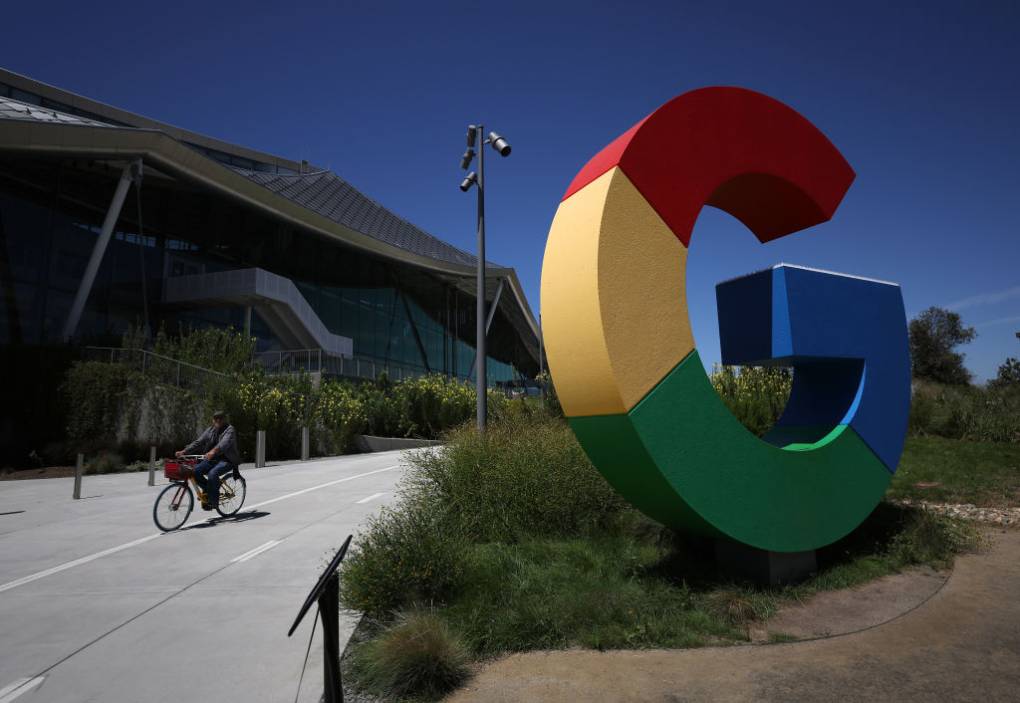Google has illegally built “monopoly power” with its web advertising business, a federal judge in Virginia ruled (PDF) on Thursday, siding with the Department of Justice in a landmark case against the tech giant that could reshape the basic economics of running a modern website.
In her ruling in the case, brought by the DOJ, the District of Columbia and 17 states including California, Judge Leonie Brinkema of the U.S. District Court for the Eastern District of Virginia mostly agreed with the argument that Google’s monopoly in online advertising allowed it to charge higher prices and take a bigger cut of each ad sale. The Mountain View-based giant now faces the prospect of being forced to sell off some of its ad business, which brings in the lion’s share of its profits.
Judge Brinkema’s ruling addresses the technology “stack” that determines what banner ads appear on countless sites across the web. She found that Google’s monopoly in ad exchanges and server markets violated the Sherman Antitrust Act, harming advertisers and consumers, and conditioning access to one product on paying for another.
“In addition to depriving rivals of the ability to compete,” the judge wrote, “this exclusionary conduct substantially harmed Google’s publisher customers, the competitive process, and, ultimately, consumers of information on the open web.”
The ruling is the latest in a series of antitrust challenges against Google, which together could force the company to undergo drastic restructuring.
Another case might force it to sell off part of its search business, including its Chrome browser. A third antitrust case threatens yet another part of its empire: the Google Play Store. Filed by a coalition of state attorneys general and led by Epic Games, that case alleges Google engaged in exclusionary practices to maintain its dominance over Android app distribution and in-app payments.
Taken together, the three lawsuits represent the most sweeping antitrust challenge Google has faced since its founding in 1998.
In this latest lawsuit, the Justice Department didn’t win on all of its legal claims. The judge rejected the government’s position that Google unlawfully monopolized a third market within the ad tech industry: the market for networks that help advertisers buy display ads across the open web.
Nonetheless, California Attorney General Bonta declared victory.
“Advertising is key to a business’s success, and Google has been playing unfairly in the advertising space,” he wrote in a statement. “As the fifth largest economy in the world, California has an outsized role in protecting competition and a vibrant economy where business can thrive on merits, not on illegal business practices — today, we’ve done just that.”
Google’s parent company, Alphabet’s shares fell in Thursday morning trading, but company lawyers are declaring the ruling a partial win.
“We won half of this case and we will appeal the other half,” Lee-Anne Mulholland, Google’s Vice President of Regulatory Affairs, wrote on X. “The Court found that our advertiser tools and our acquisitions, such as DoubleClick, don’t harm competition. We disagree with the Court’s decision regarding our publisher tools. Publishers have many options, and they choose Google because our ad tech tools are simple, affordable and effective.”
The Silicon Valley giant’s hope for salvation may ultimately lie with the conservative-leaning U.S. Supreme Court. However, even though Republican appointees now control the Justice Department and Federal Trade Commission, they have signaled an intent to continue pursuing Big Tech in the courts.
For example, this week, Meta’s trial got underway with CEO Mark Zuckerberg taking the stand to defend the company against claims it bought its competition to maintain dominance in social media. The Justice Department has also sued Apple, arguing that the company made it difficult for consumers to leave its tightly knit universe of devices and software. Meanwhile, the Federal Trade Commission is investigating Amazon‘s $3.9 billion acquisition of the primary health organization One Medical as well as the sign-up and cancellation practices of Amazon Prime, the company’s paid subscription service.
Consumer advocates say this is a long time coming.
“We’re excited to see such enthusiasm,” said Alison Rice with Accountable Tech, which targets the industry’s surveillance advertising business model. “The mechanism and the model that Big Tech has been using is taking advantage of the power that they have over this entire ecosystem to leverage nefarious designs and weaponize them in order to drive profits.”

